Economic crises present an opportunity for governments to take action on climate change. While the impact of lockdowns on climate has been positive, the impact on the economy has not—The Economist Intelligence Unit (EIU) forecasts global output to contract by 5% this year.3 However, in the fight to regain economic growth, progress on lowering emissions must not be lost: as policymakers develop economic recovery packages, they must target policies that prioritise both climate change and economic growth.
Other resources - Count on Cooling
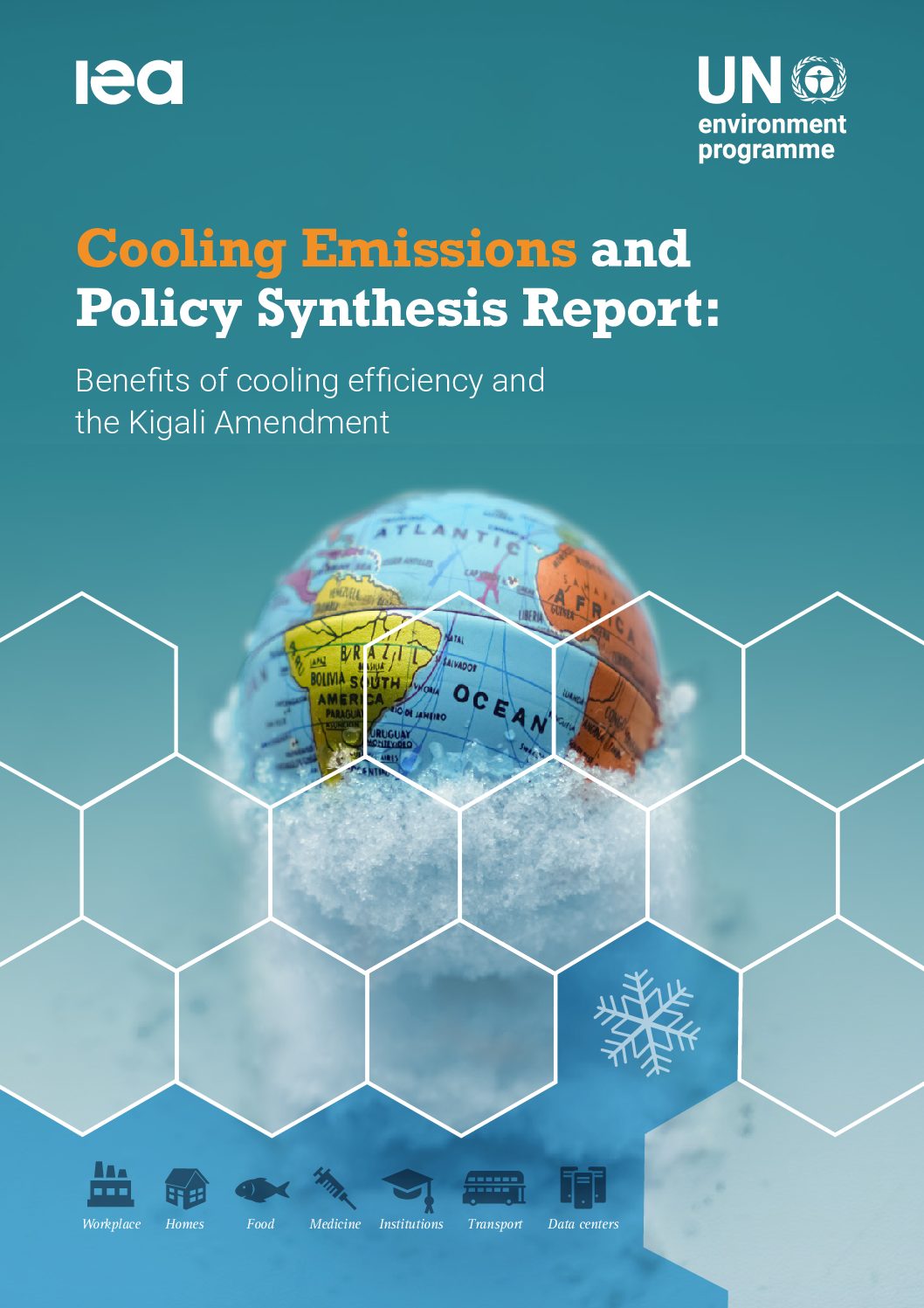
IEA & UNEP: Cooling Emissions and Policy Synthesis
The report shows how coordinated international action on energy-efficient, climate-friendly cooling could avoid as much as 460 billion tonnes of greenhouse gas emissions – roughly equal to eight years of global emissions at 2018 levels – over the next four decades. The report demonstrates how countries can institutionalize energy-efficient, climate-friendly cooling actions by integrating them into their implementation of the Kigali Amendment to the Montreal Protocol.
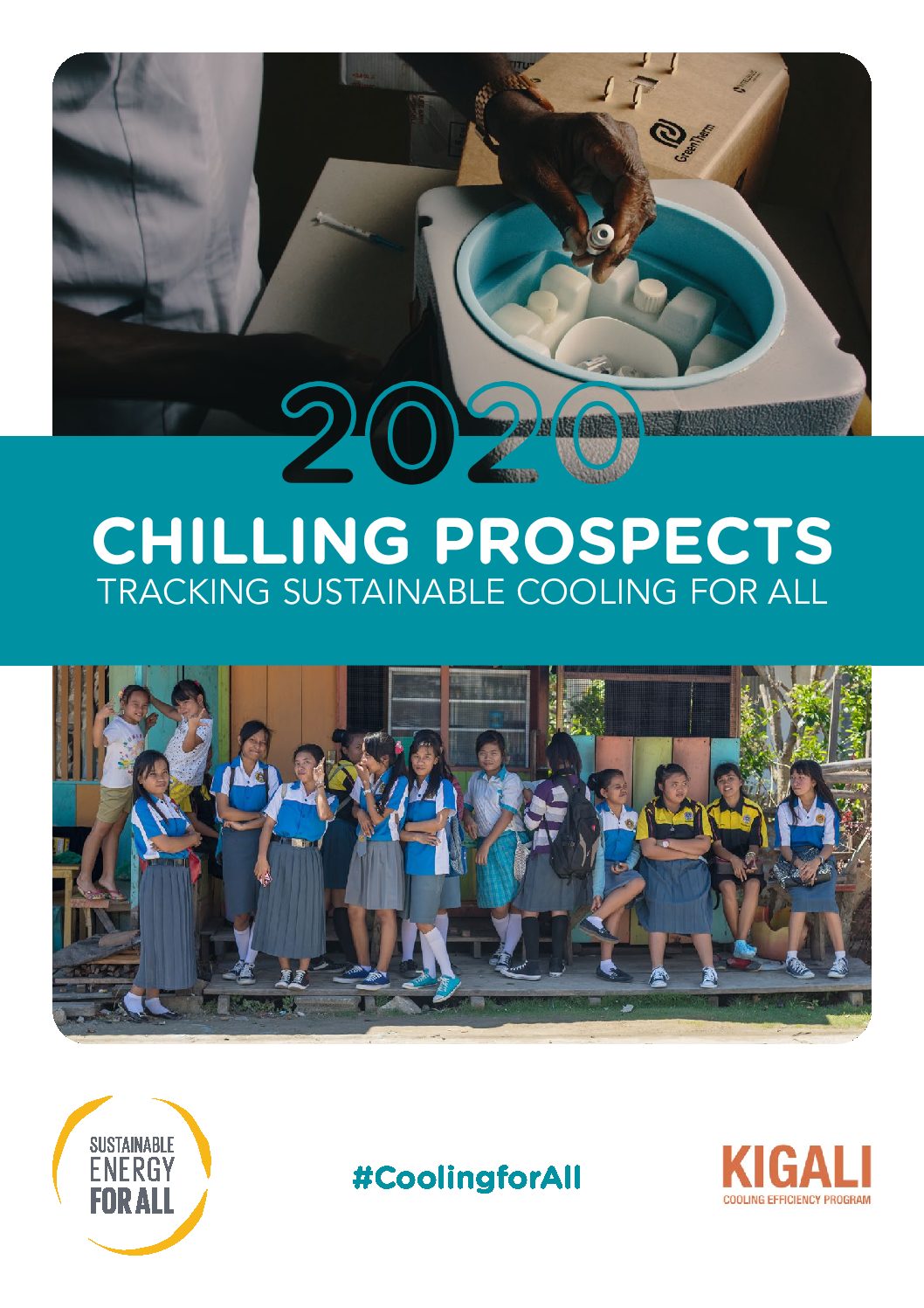
SE4ALL Chilling Prospects: Tracking Sustainable Cooling for all
The Chilling Prospects series tracks immediate vulnerability to a lack of access to cooling, identifying populations at risk whose lack of access threatens their immediate health and safety. It models risk on the basis of a spectrum of access to cooling that crosses human safety and comfort, food and nutrition security and agriculture, and health services for four populations: the rural poor, the urban poor, the lower-middle income and the middle income.
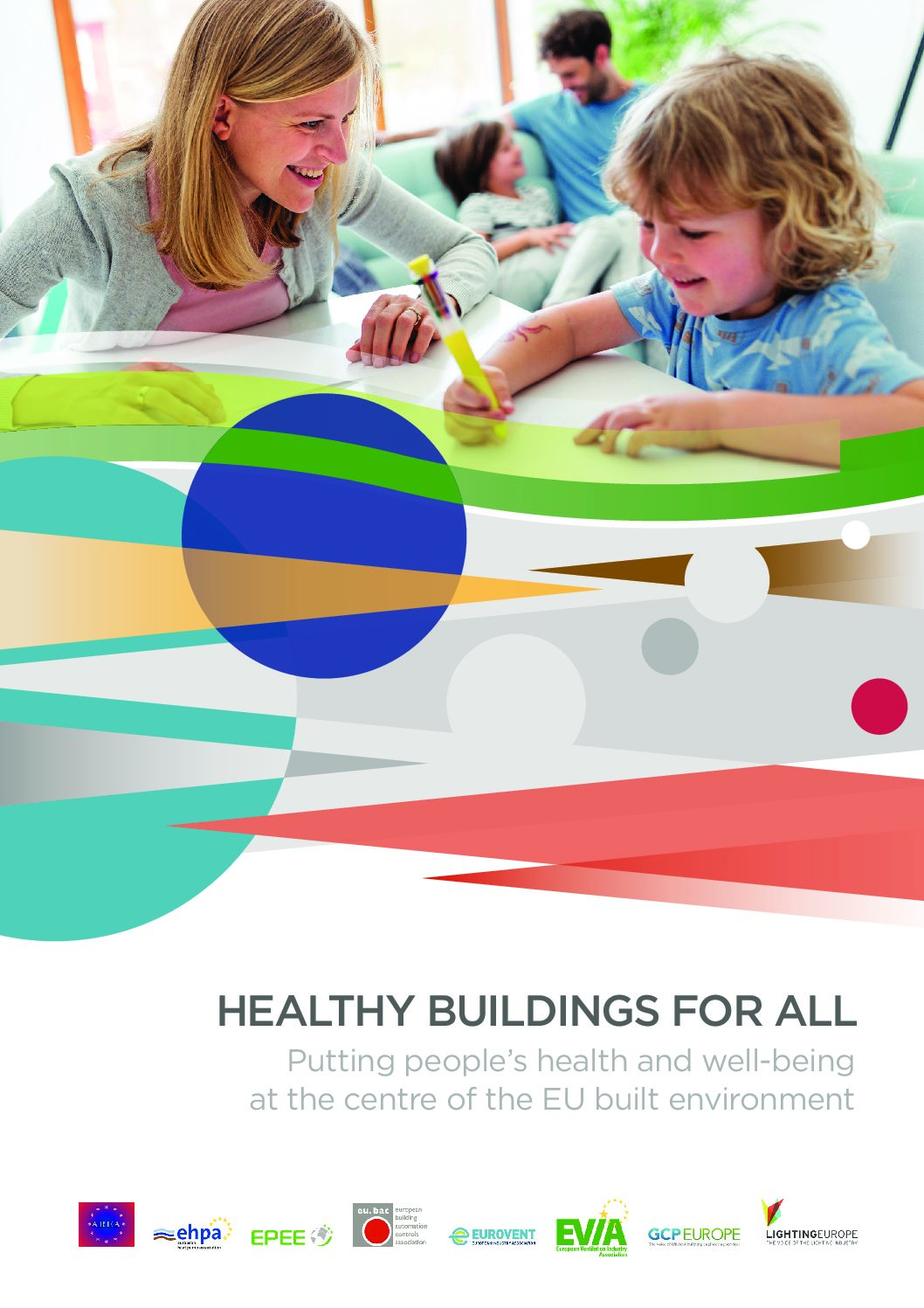
IEQ Gathering Manifesto: Healthy Buildings for All
With the objective of safeguarding the wellbeing of EU citizens by delivering improvements in Indoor Environmental Quality (IEQ), the Informal IEQ Gathering of eight European industry associations is proud to present its Healthy Buildings for All Manifesto.
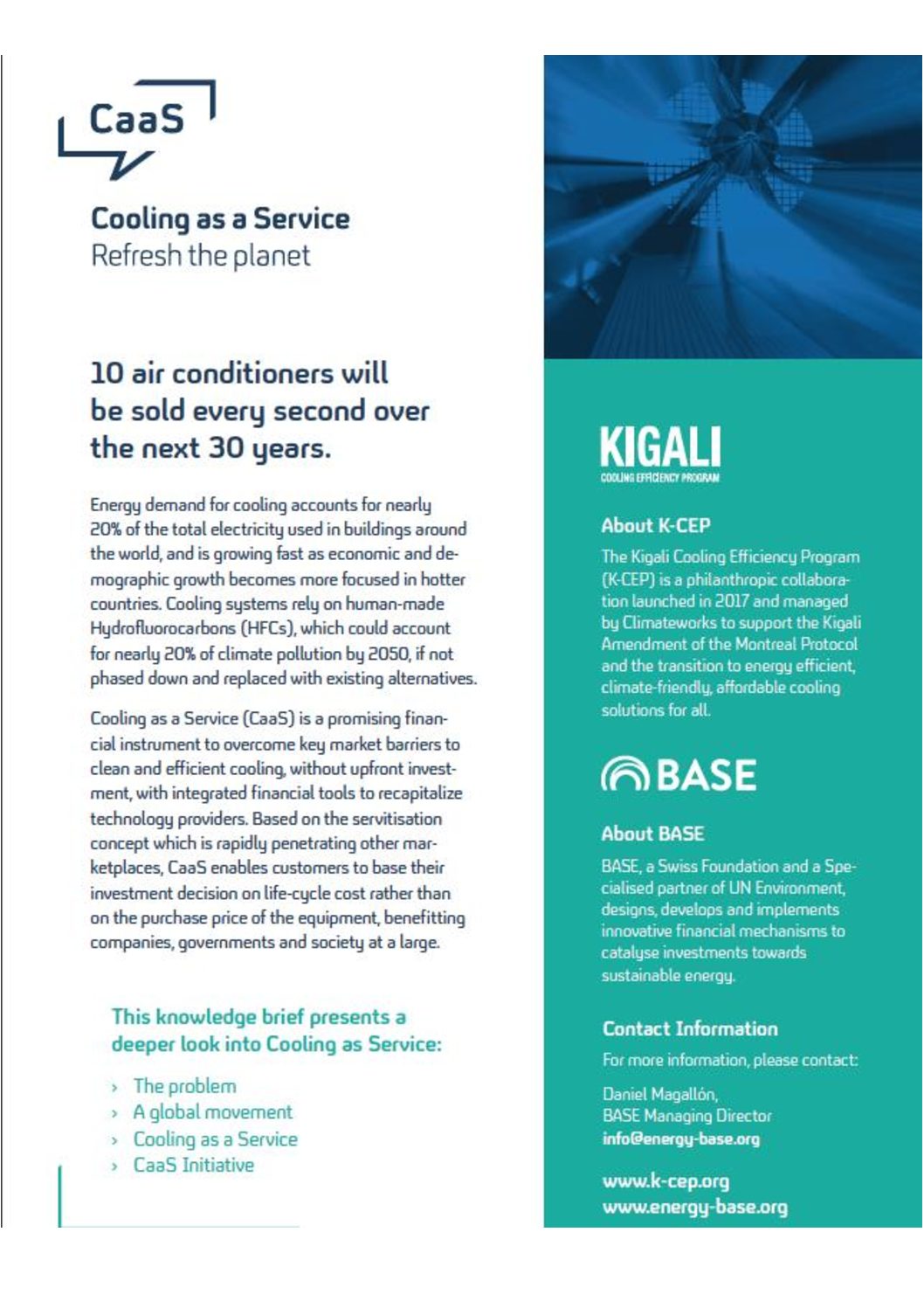
CaaS: Cooling as a Service
Cooling as a Service (CaaS) is an innovative business model that enables customers to base their decision on life-cycle cost rather than on the purchase price of the equipment. The model aims to facilitate clients to benefit from high end and efficient cooling technology without the need of an upfront investment. The Basel Agency of Sustainable Energy (BASE) is leading the CaaS Initiative (CaaSI) on behalf of K-CEP with the objective to scale-up the demand for efficient, clean cooling systems, through the use and promotion of the innovative CaaS business model .
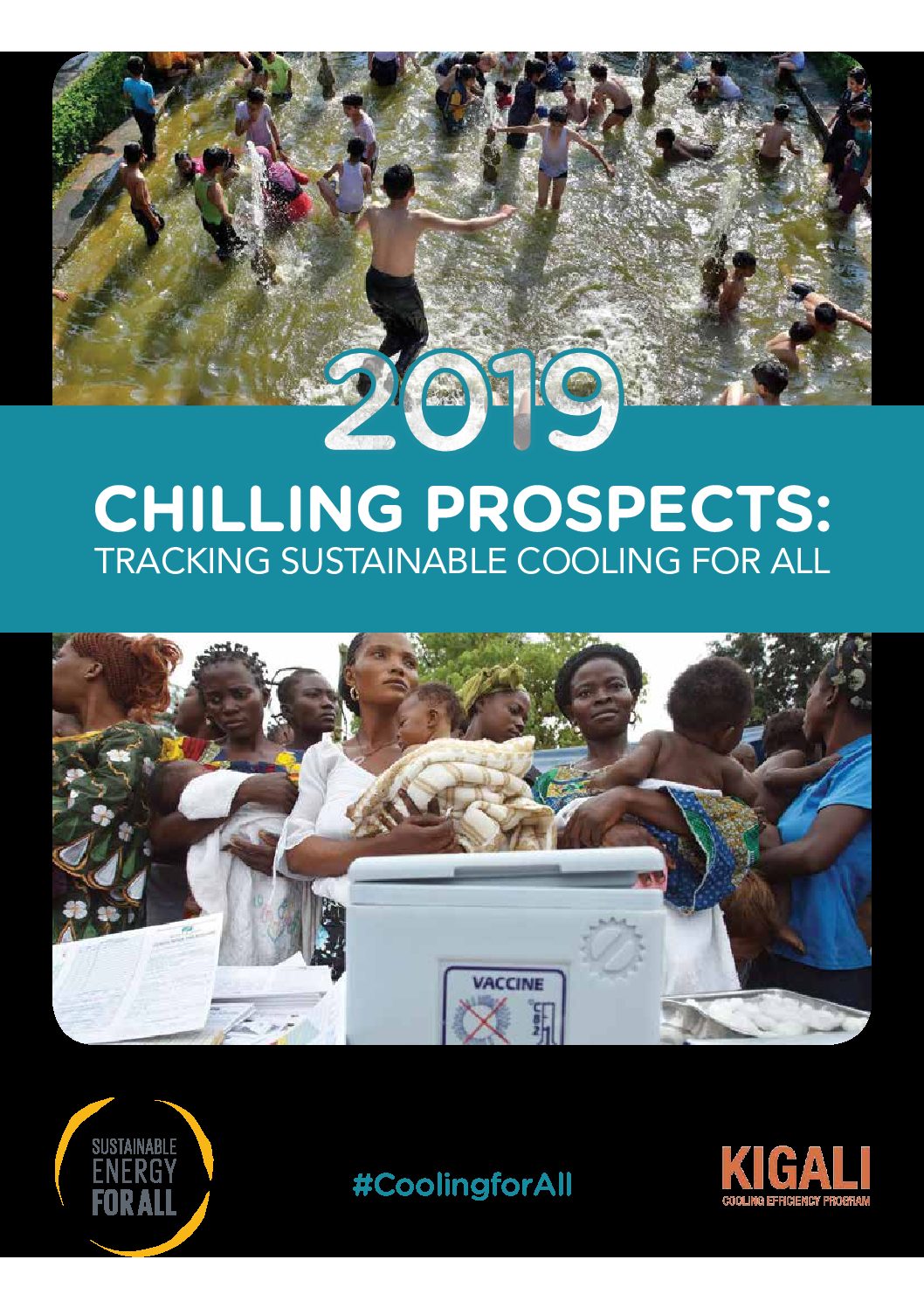
SEforALL: Chilling Prospects series
This report is a follow-up to Chilling Prospects: Providing Sustainable Cooling for All, the first report to define and quantify the magnitude of the global cooling access challenge, including an assessment of 52 countries facing the biggest risks, measured by extreme heat, food losses, and damaged or destroyed vaccines and medicines. This report serves as a status update.
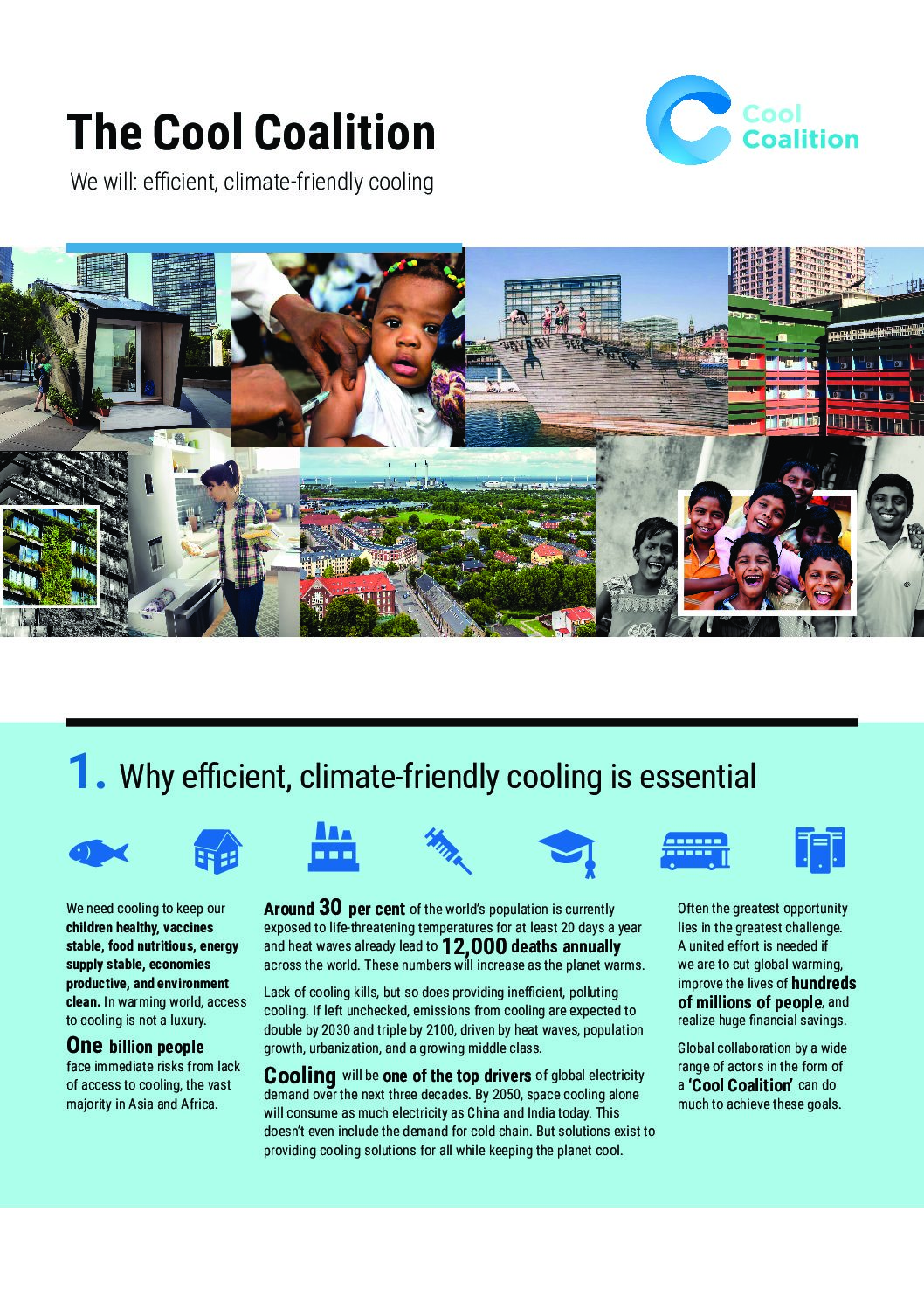
Cool Coalition: We will: efficient, climate-friendly cooling
The Cool Coalition is a global multi-stakeholder network that connects a wide range of key actors from government, cities, international organizations, businesses, finance, academia, and civil society groups to facilitate knowledge exchange, advocacy and joint action towards a rapid global transition to efficient and climate-friendly cooling.
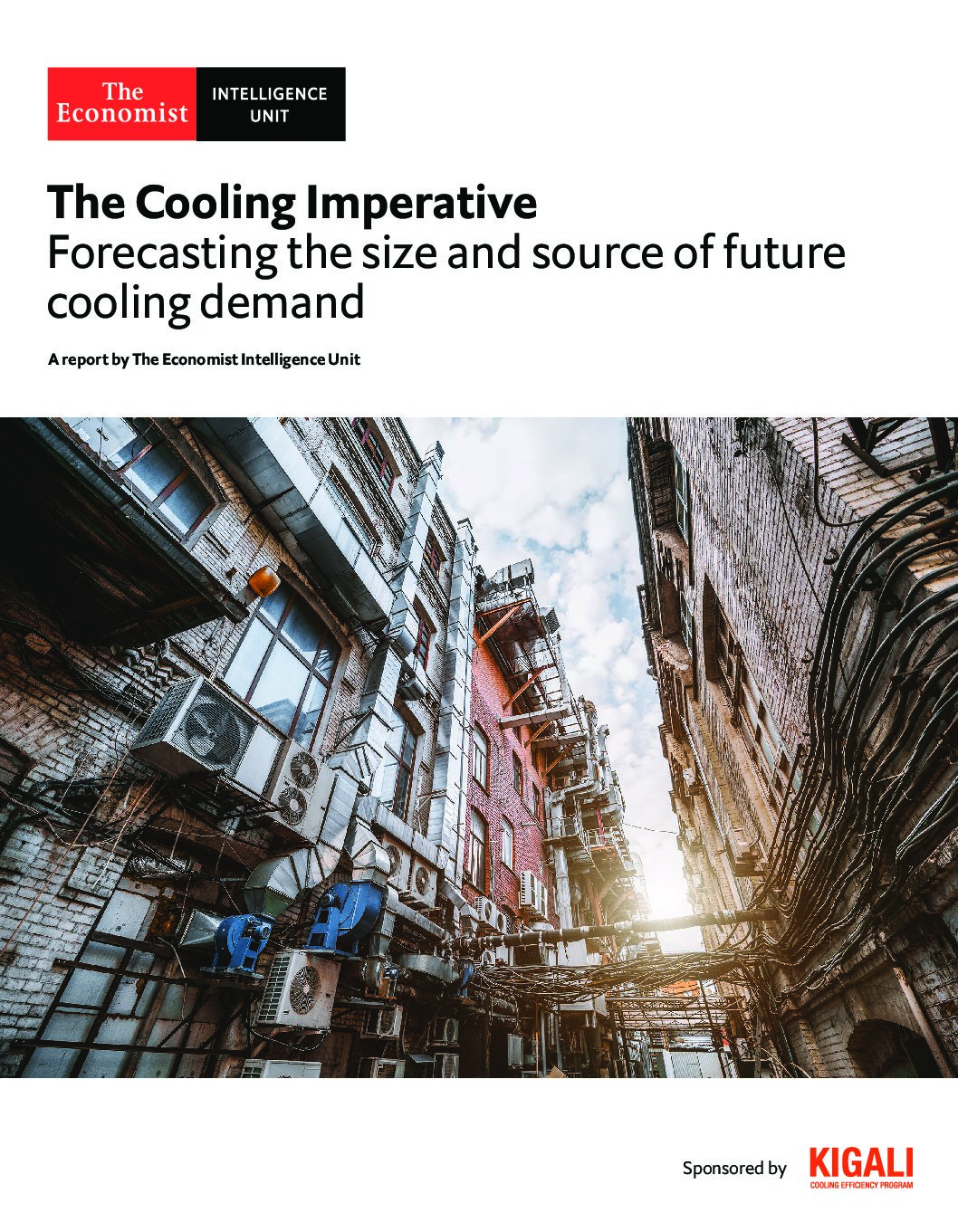
Economist Intelligence Unit: The Cooling Imperative
The Cooling Imperative: Forecasting the size and source of future cooling demand is an Economist Intelligence Unit (EIU) report that has been commissioned by the Kigali Cooling Efficiency Program (K-CEP). The findings are based on an extensive literature review, expert interview programme and econometric modelling exercise conducted by The EIU between June and October 2019.
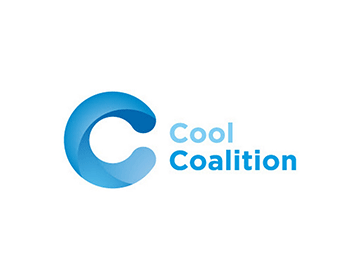
Cool Coalition Video: Efficient, Climate-Friendly Cooling for All
Cool Coalition members are collaborating on science, policy, finance and technology to meet growing demands for cooling in a comprehensive manner, all aimed at raising climate ambition in the context of the Sustainable Development Goals while complimenting the goals of the the Kigali Amendment to the Montreal Protocol and Paris Climate Agreement.

